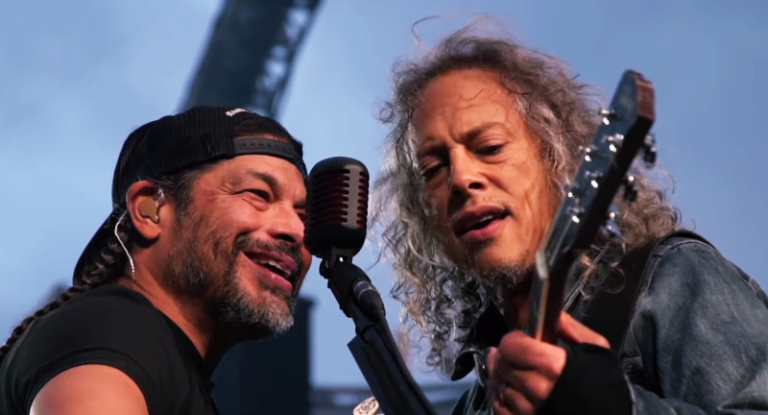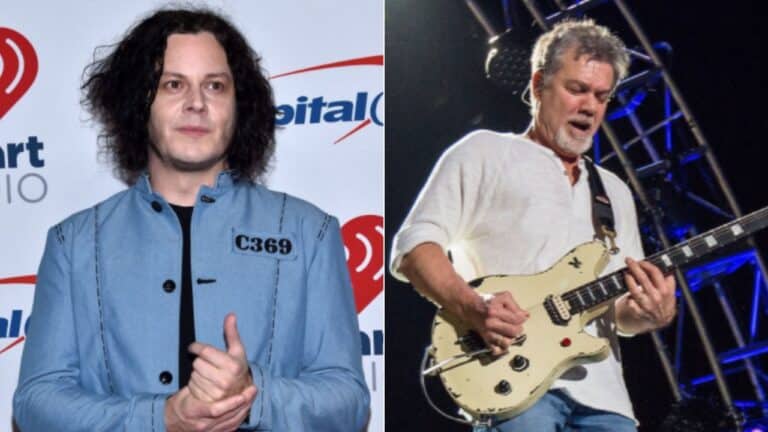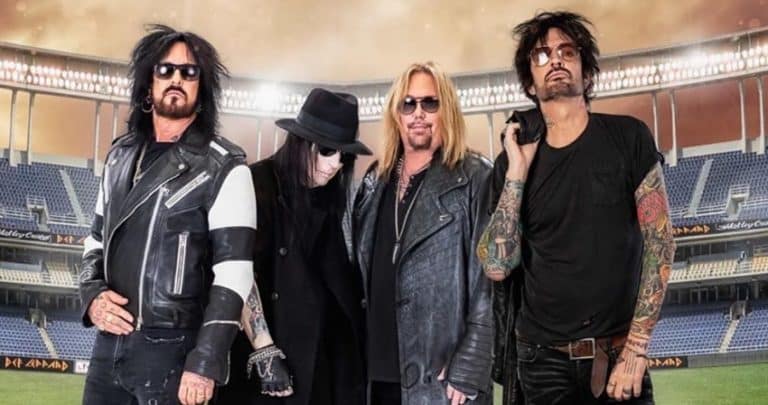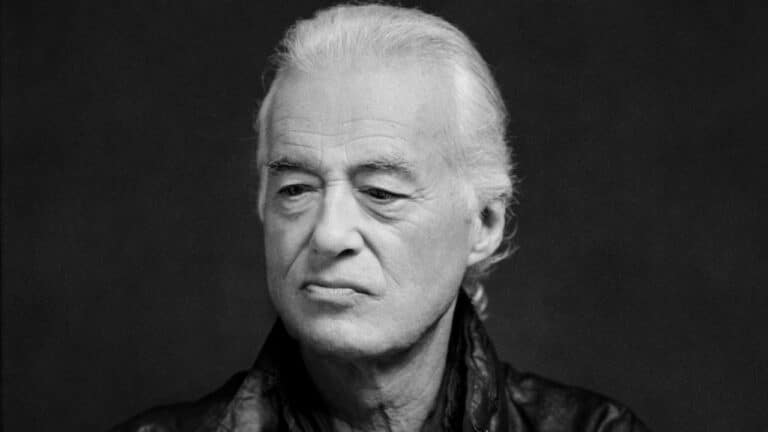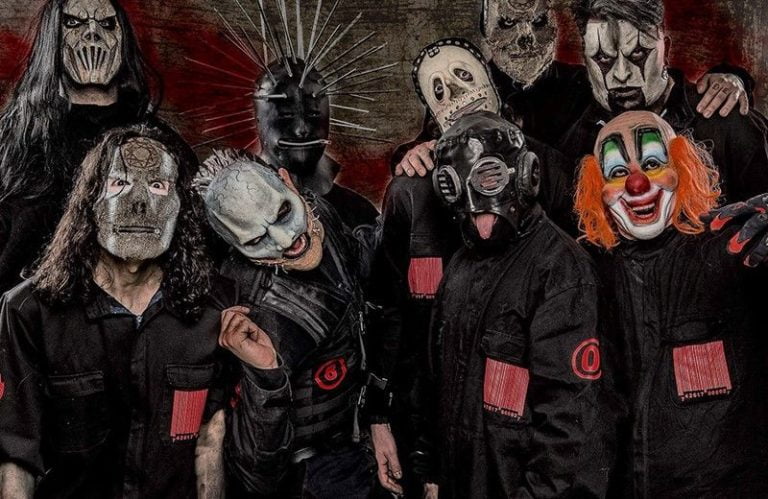Joe Lynn Turner Talks Belly of the Beast, Working with Yngwie Malmsteen, the Use of Backing Tracks & More
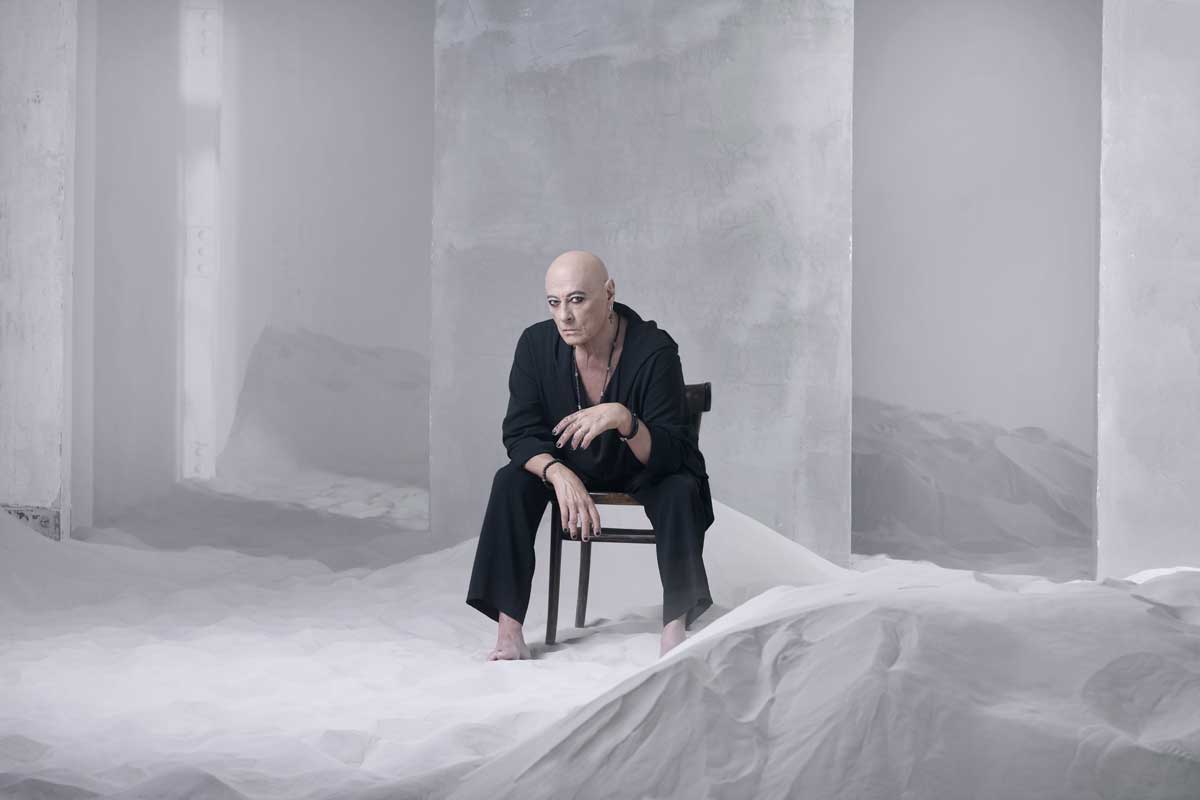
All images courtesy of SKH Music
The legacy of Joe Lynn Turner is cemented in stone as one of the more powerful and prolific frontmen in rock history.
Having worked with Richie Blackmore and Yngwie Malmsteen, he’s no stranger to chart success via poignant music. But it’s Turner’s solo career where he’s truly made his mark. To that end, Turner’s latest record, Belly of the Beast, might be his most meaningful yet.
Intertwined with themes of desperation and stark imagery reflected in the times we find ourselves in today, in many ways, Belly of the Beast is Turner’s magnum opus. With a sublime blend of operatic vocals, veteran restraint, savvy lyricism, and industrial-tinged metal paired with Peter Tägtgren, Turner has tapped into metal territory unknown.
For the uninitiated, the music of Joe Lynn Turner is timeless, that we know. But for would-be fans or those who have forgotten, let Belly of the Beast be your newfound entry point into the world as Turner sees it. In an age where the ideals rock music once stood for have gone, and the cast of players now lay silent, Turner is taking a stand to flip the script and enact change. And for those reasons, Belly of the Beast should be considered nothing short of essential for fans of rock and metal in 2022.
Now able to relish the spoils of success, Joe Lynn Turner dialed in with Metal Castle to run through the origins of Belly of the Beast, working with Richie Blackmore and Yngwie Malmsteen, and what’s next for him as he moves forward.
Andrew: Give me the rundown on Belly of the Beast.
Joe: I met Peter Tägtgren, who plays in the band Pain and Hypocrisy, and the connection was immediate. So, we decided to collaborate and take our two genres of hard rock and industrial metal and make a bridge between the two. So, we made a melodic metal album in Belly of the Beast, which also has a lot of heavier tonalities and dark messages. Because art reflects society and the times of reality, this album is definitely a mirror of our reality. We wanted to get the message across to the people of what is happening in the world today, which took perspective from the outside, and my insight. Peter handled all the production, musicianship, and performances, and I did all the lyrics and melodies.
Andrew: How did the heavier tone of this record alter your songwriting approach?
Joe: I had to adapt to a dirtier, heavier, grittier style, but not too much because I have to keep my identity. If I went too far in another direction, we would lose one-half of what we were trying to do. So, we were very respectful to make sure that we included my genre and his genre, sort of 50/50, never going too heavy, one way or the other. So, I adapted to the tonalities of what was happening, and for me, it was easy because I can sing a lot of different styles. I’ve always wanted to make a record like this but still retain my identity and be identifiable. I feel we’ve been able to do that.
Andrew: Paint a picture of what was happening in your life that led to the album’s darker lyrical content.
Joe: Well, being on this planet with everybody else, I am affected by what’s going on geopolitically and by some internal conflicts. But I also had a heart attack a couple of years ago, and it gave me an epiphany about my purpose, direction, point of view, gratefulness in life, and the value that I need to put on my existence. I was basically one of those “What does it all mean?” kind of things. When you have a near-death experience, it’s like a revelation, which changed me in many ways. Because I always thought I was on the right track, but when something like that happens, and you don’t know if you’re gonna live or die, you find clarity very quickly. So, that gave me laser focus and brought me into a much tighter focus on what I’m doing and what my purpose is.
Also, art reflects reality, and I feel that anybody with half a brain can look around the world and see what’s happening. And to me, nobody was writing about it, nobody was talking about it, and fear seems to be the overall sentiment these days. So, I knew somebody had to say something, especially in rock ‘n’ roll. Because rock ‘n’ roll used to be freer; we were the outlaws, we were anti-establishment, but lately, it seems we’re becoming a bit more corporate and afraid of criticism. So, I was always bold with my opinions and never afraid to take a stand, and so, I’ll be the one to die on this hill. I’m not afraid to say what I need to say, and I hope that I shake up and disturb people enough so that they take action in their own lives. We need to unite and stay united because deception, division, and fear are the main tools they’re using to separate us as a society.
Andrew: Why do you feel so many voices in rock music have been castrated to the point of silence?
Joe: I think it’s like boiling the frog story in that you put the frog in water and put them on the stove, and you have a low heat to start, and you keep turning it up until it boils. For a lot of us in the music industry, we’ve been boiled over a long period. We have been castrated. I love the word. I feel that a lot of our freedoms have been taken away, and our voices have been taken away as far as free speech. And I think people live in fear. We live in fear of death, poverty, criticism, and disease – that’s a big one. And when people live in fear, the tendency is to take cover and stay quiet. But for years, rock music has been moving toward glitz, glamour, and the celebrity of it rather than the artistic value of it.
With all these social media platforms, you get to be an instant rock star; that takes hard work, perseverance, dedication, and discipline. And in this way, I think you end up with people like the Kardashians, who are famous for doing absolutely nothing. You end up with talentless people who all look alike, sound alike, and are cookie-cutter. There’s nothing behind what they have to say, and they are living in fear and would never actually say what’s on their mind, less their internet fame would be yanked away. Music has lost the outlaws and the spirit of rebellion. Everything we worked for back then seems to have fallen away, which is sad.

All images courtesy of SKH Music
Andrew: You seem more comfortable in your own skin than ever before.
Joe: Well, if you’ve seen the visuals, you can tell that I’ve transformed immediately. The only real prison is fear, and the only real freedom is freedom from fear. And that can apply today in the current world situation, but it also applies internally to each of us. I’ve had many emotional and psychological fears about my alopecia condition, but I confronted them, and I am liberated from them. And yes, I do agree that I’m more comfortable in my own skin as a result. This record is probably the most relevant piece of music that I have done. It took me years to get here. It took me having to go through pain, struggle, and near-death experiences. But through that, I think I came out on the other side and found my purpose. I found my artistic direction. So, instead of turning a blind eye and burying my head in the sand, I am speaking my mind. I feel we all need to do that. It’s important for our future. I feel that I have a very real responsibility, and I’m saying the things that need to be addressed.
Andrew: Of note on Belly of the Beast is the strength in your vocals. Have you gone about keeping your voice in such good shape?
Joe: Well, I have to thank you for that. It’s been a lot of hard work. But I believe that you have to have discipline and work hard to maintain your gifts, and then you have to give that gift to the world. I had a wonderful teacher who told me to use my diaphragm to let all the air out of my lungs. You don’t want to stress the vocal cords, so you just let all the air pass through the vocal cords. The vocal cords are there to fine-tune it, so if you want to get some grit in your voice, you squeeze the vocal cords a little bit. And if you want a clean sound, you relax, leave them open, and hit the operatic note. This technique has served me for over 50 years, and so far, it’s worked well for me.
The other thing is that I’ve learned to use restraint. I don’t skyrocket notes like I used to. It’s not that I can do it; it’s just that this is what I want to do now. I want to stay on a different plane of vocalizing while still hitting it with sincerity. That’s what I’m after more than anything now. I always thought I had emotion in my vocals, but now more than ever, I think that I’m reaching deep inside myself to find that emotion. If the singer sings with emotion and feeling, that’s what resonates with the audience, that’s when they get it, and that’s when they feel the communication and conversation between each other. So, that is one of the most important things I’m doing now, pointing to emotion, not technique. I think that technique is great, but if you don’t feel it, brother, move over because somebody else is gonna get it.
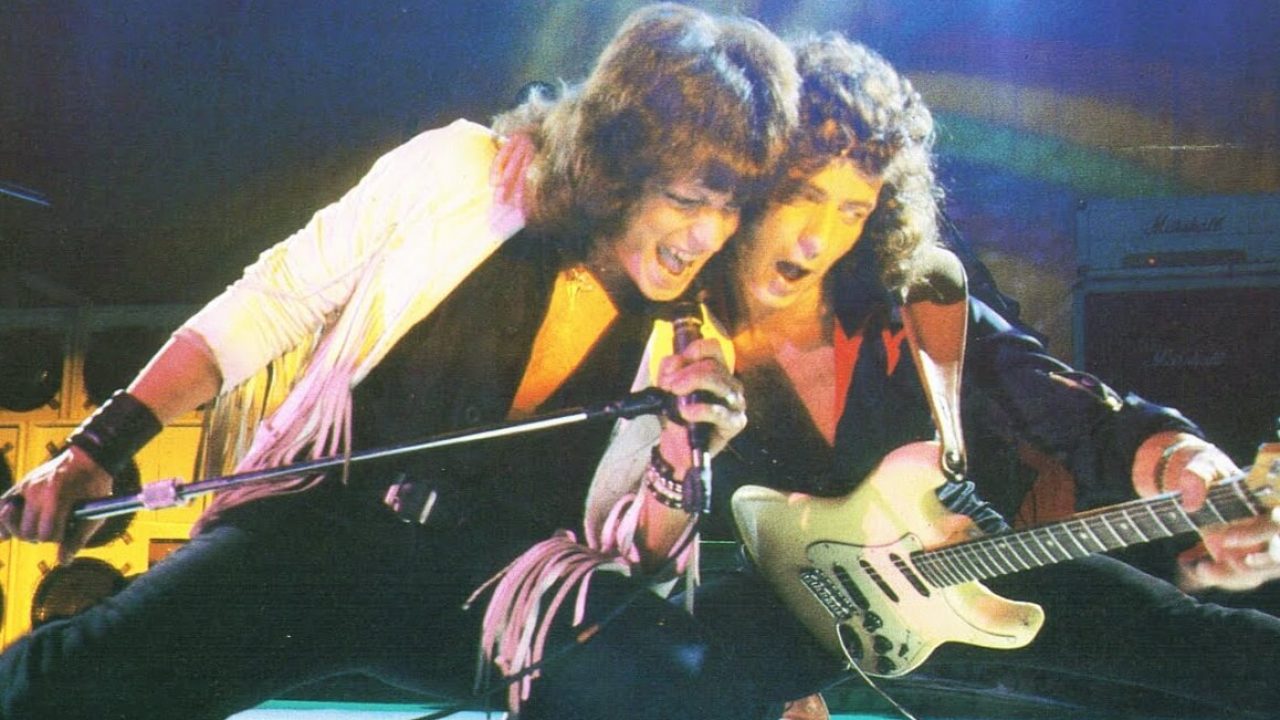
All images courtesy of SKH Music
Andrew: This year marks the 40th anniversary of Rainbow’s Straight Between the Eyes. What are your lasting memories?
Joe: Man, that was a great record to put together. I had already done one record with the guys in Rainbow, and we were starting to find footing as a band. We wanted to blend hard rock with melody and integrity and did it to perfection. I remember that Straight Between the Eyes had great chart success, too. Not that we didn’t have that with the first record because “I Surrender” was a big hit, but when “Stone Cold” came out, we really captured the American market. We had already captured the European market because Richie [Blackmore] was famous in those markets. But after Straight Between the Eyes, in America, suddenly, we were playing bigger shows and selling more records. And that was important because that was one of Richie Blackmore’s aims; he wanted to be more popular and be on TV and the radio. So, when MTV came out, we did videos and all of that, which really worked. But it was just a blast to do that record.
Andrew: Can you recount the recording of “Stone Cold?”
Joe: I remember recording “Stone Cold” in the studio we were at up in Canada. It was called Le Studio, and it was just outside of Montreal. I remember that The Police were up there finishing one of their albums at the time, and we had a three-hour layover, so while we were waiting, we watched them lay down their stuff. It was really inspiring. And then we got into the studio, and I remember doing “Stone Cold” while this amazing snow and ice storm was happening outside. So, I was singing “Stone Cold,” and all the glass walls that the studio was made from were covered in snow and ice. It was an incredible storm and the perfect setting for me to sing that song too. I worked on it all night, and the storm was inspirational. It altered my approach and taught me that your environment could motivate and inspire you – especially a singer – to reach higher heights and find more honesty in the delivery.
Andrew: What was your secret to managing the larger-than-life personalities of Richie Blackmore and Yngwie Malmsteen?
Joe: They both can be difficult, but anybody looking for perfection is difficult. And there is no such thing, in my opinion, as perfection because I believe you have to be perfectly imperfect. But I’d have to say that Richie was always very song-oriented; he was always playing for the song. And I think Yngwie wasn’t necessarily aware of that before I came into the band. And Polygram put me with him to do what I had done with Rainbow to make Yngwie a bit more popular on the charts. In other words, they wanted me to make Yngwie more commercial, which we did within the Odyssey record. I think that while Ygnwie was difficult, he did become more song-oriented once I joined the band. And I think that’s what prompted the success, but since we parted ways, for one reason or the other, he’s mostly gone back to his old ways.
Yngwie is a bit stubborn, but I like Yngwie a lot. He’s a very gifted guy, and he’s got a personality that can be harsh, but he can also be a teddy bear. So, it was an interesting experience working with Richie and Yngwie and something I will never forget. I always told people that to communicate with these guys; I needed to be a psychologist. [Laughs]. And I have to be a ringmaster, who gets a whip and a chair and goes into the lion’s cage to deal with these people to get my point across. But the key was making them think that my ideas were their ideas. But it was never about my personal gain; it was me trying to get us to a place where we did things that benefited the situation we were all in. Because when you’re working with these guys, ego is a huge part of the equation. In other words, I’d have to convince them and say, “Look, this is the hook. This is the chorus. This is what we need people to walk away singing from this thing.” I was never about the credit; I was always just about getting the job done.
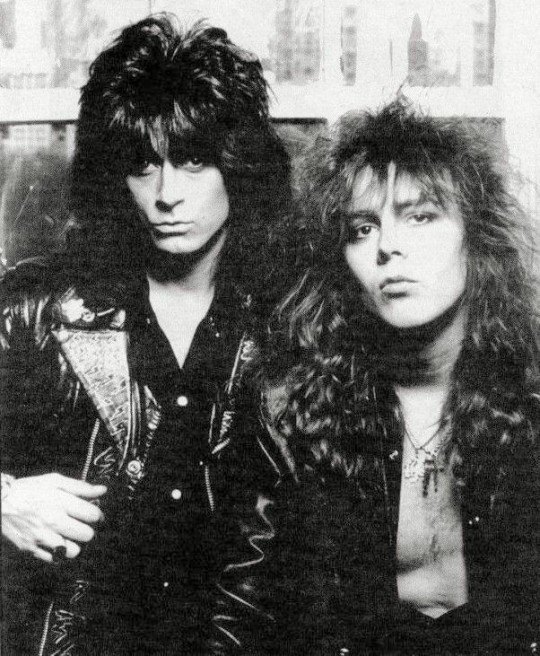
All images courtesy of SKH Music
Andrew: What are your thoughts on your contemporaries using backing tracks in the live setting?
Joe: I think it’s become too much. I understand some groups need to rely on these computers, but I’m old school, and I think live music should be live. That’s what people pay for. If you are well-known and you’re going out there and using backing tracks, you’re not being honest; it’s pantomime. It’s not even karaoke. I feel it’s cheating people, and it’s cheating yourself. Because if you can’t cut it live, well, that’s what separates the men from the boys. That’s what separates who’s great and who’s average.
Anyone can cover it up in the studio, but it all comes out live, and if you can’t hack it, then get off the stage. I understand there’s a technology that certain bands use today, but if you’re KISS, for example, maybe you ought to quit while you’re ahead, guys. Don’t you think you’ve got enough money to where you don’t need to take all the static for doing what you’re doing? All it’s doing is destroying your legacy, and you’d probably be better off if you just stopped. I’m not trying to point them out individually, but they’ve been known to use it.
And look, I understand how difficult it is, especially for singers, because you can only go so many nights in a row. So, if you want to be out there still, maybe cut back the nights, and maybe you can’t make as much money. I think we have to look at the driving force here and then try and understand the motivation for why they do it. If you’re only doing it for money, so you can have five nights instead of three, that’s not a good enough reason for me. Go play for three nights and be yourself. Or stop doing it altogether.
Andrew: What’s next for you, Joe?
Joe: Well, the album came out on October 28, along with a full-length video, which I call a mini-movie for the song “Tortured Soul.” It’s another song about some very deep subject matter. I originally wrote it about PTSD because I realized that we all have a bit of trauma in our lives. So, it’s for anybody that has trauma on any level. Whether it’s emotional, physical, or psychological damage, that’s what the song is about. I think it will resonate with the people, and I think when you see the video, you’ll understand exactly what that narrative means. So, I’m excited about that. I think this is a wonderful record that Peter and I put together, and I want the world to hear it because I think Belly of the Beast is worthy of their attention.
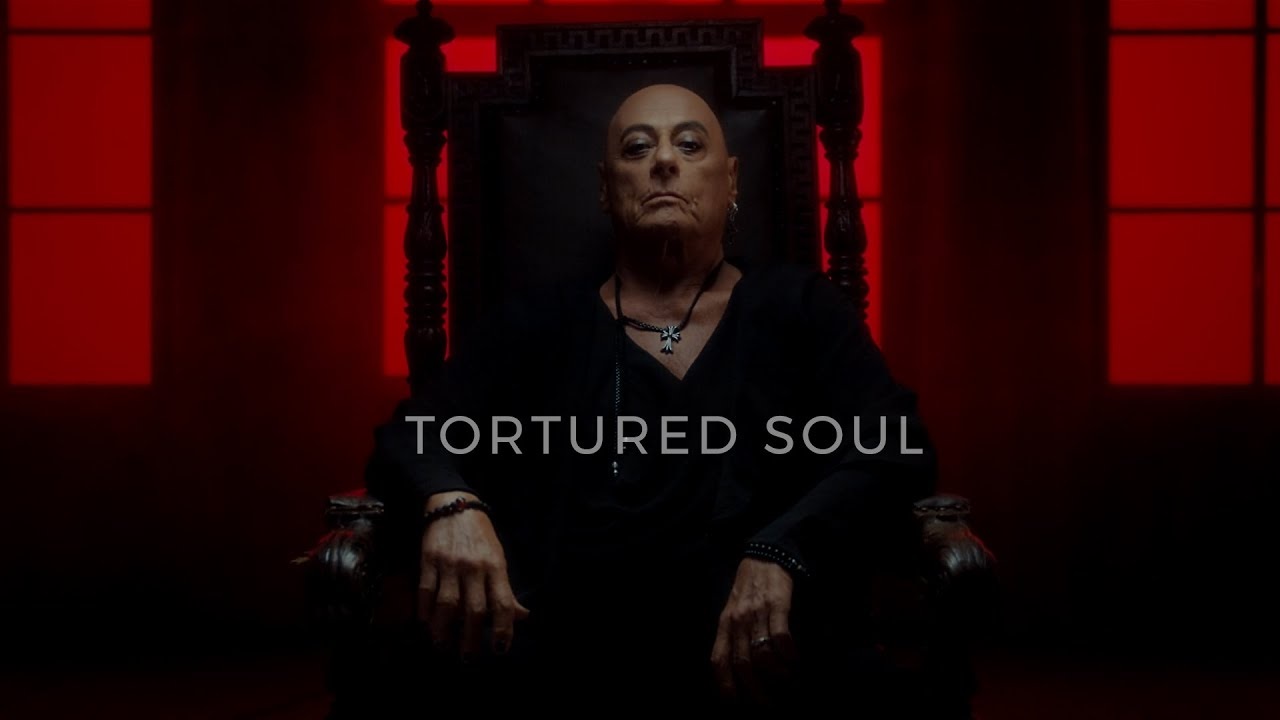
All images courtesy of SKH Music
– Andrew Daly (@AJDWriter88) is a contributing writer for Metal Castle and may be reached at andrew@vinylwriter.com

